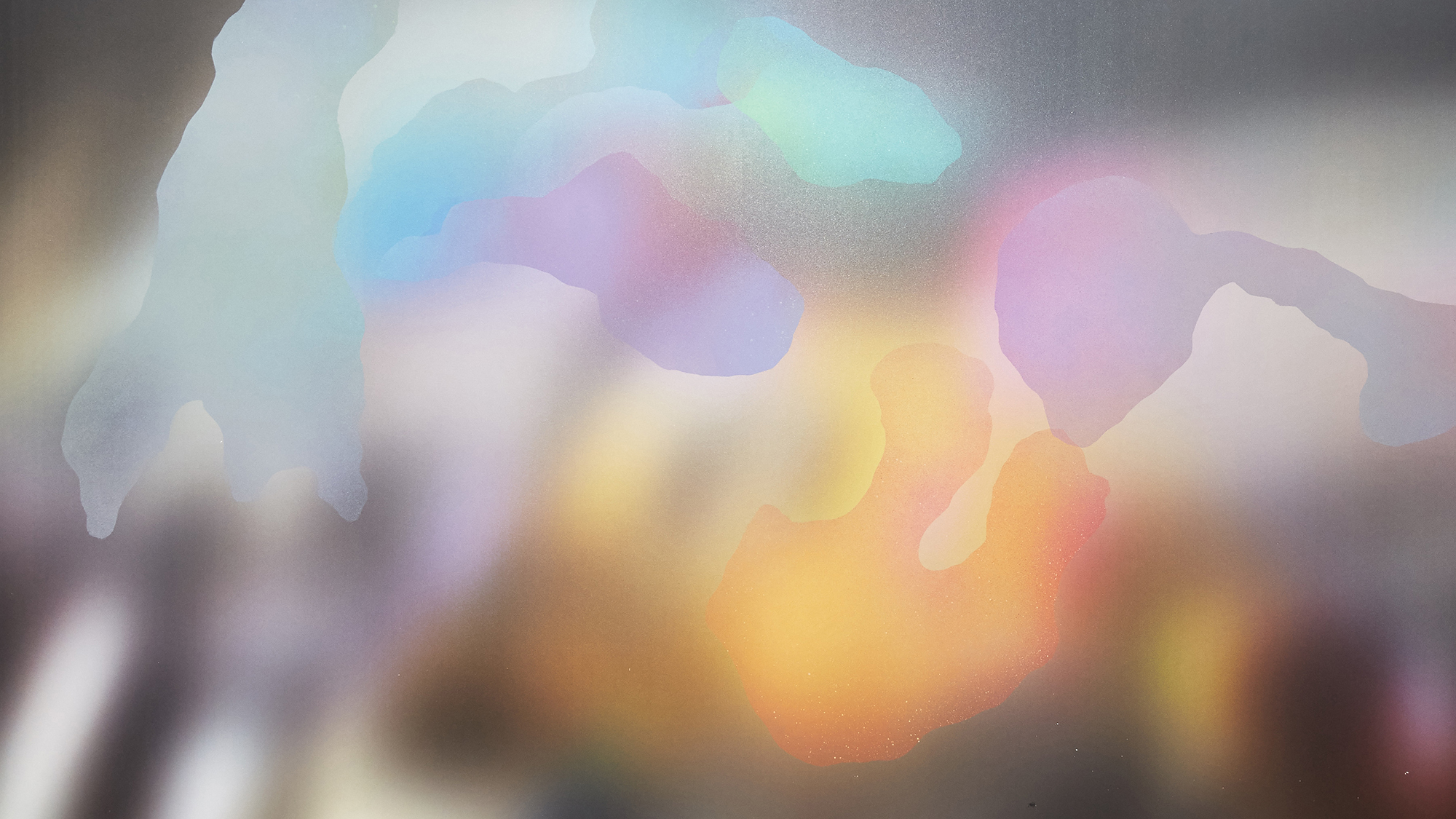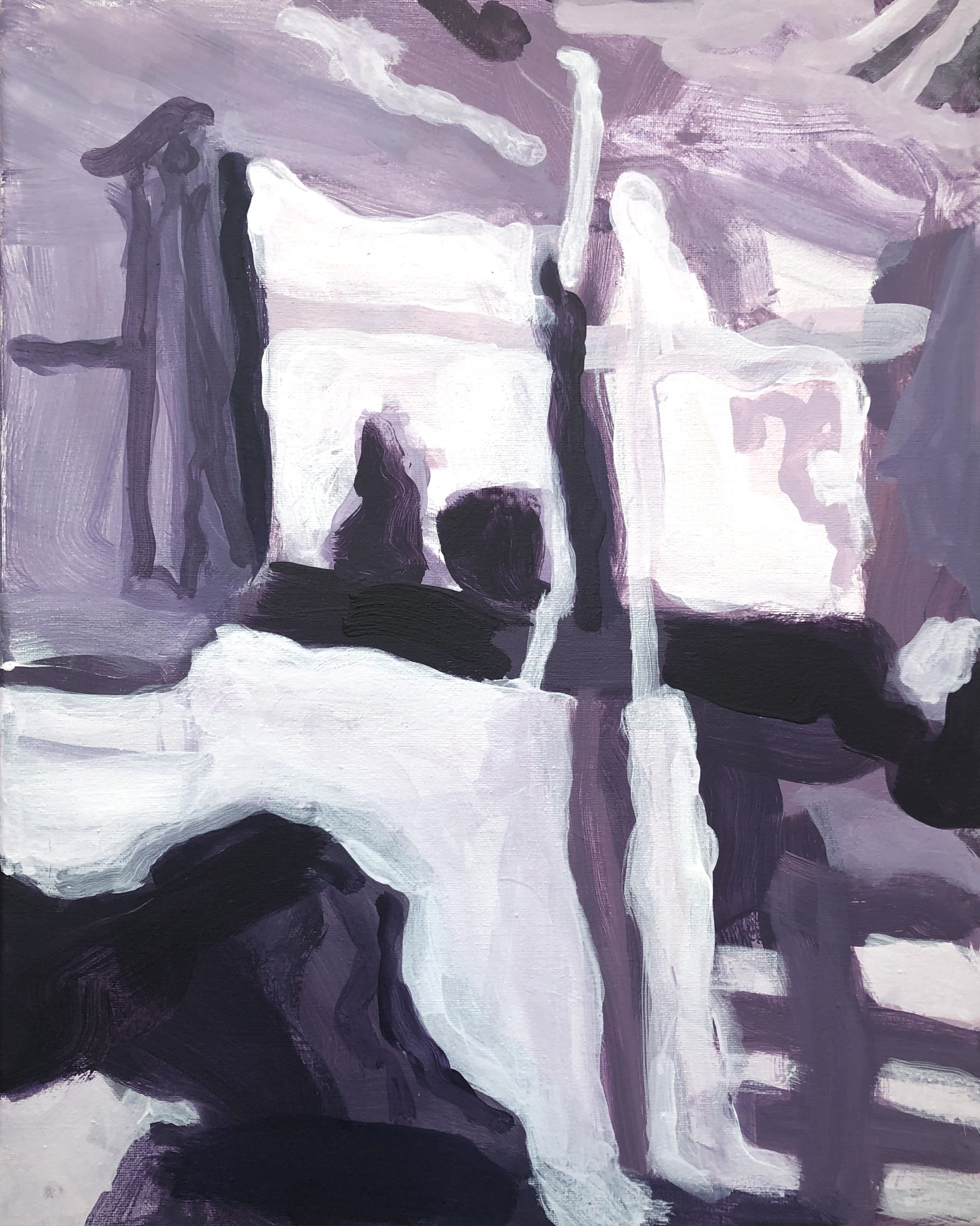
UAL Foundation Diploma in Art and Design
Applications closed for 2024/25
We are no longer accepting applications to this course for entry in September 2024. Applications for 2025/26 entry will open in autumn 2024.
Where your classes will take place
From September 2024, we'll teach this course at our Pre-Degree Studies site at Lime Grove, west London, and our Archway campus in north London.
Your main location depends on your chosen mode of study and specialist pathway. This may change in Part 2 of the course, depending on which specialist pathway you choose. Find out more in the course overview section.
Course overview
The Foundation Diploma is designed to prepare students for specialist undergraduate degrees in art and design subjects. It’s a year of exciting projects, new faces and experiences that will inform your future study, career and creative life.
Foundation is widely considered the best preparation for progression to an undergraduate degree in the creative arts in the UK. On this dynamic course, you’ll try different disciplines from across art and design while being supported to fulfil your creative potential and ambitions.
What to expect
- Expert staff: You’ll be taught by highly experienced teams who have previously taught on our Foundation Diplomas at Central Saint Martins and Camberwell College of Arts. Skilled technicians will also support you in all of our studios.
- Outstanding facilities: Make the most of facilities at our Lime Grove and Archway campuses. You'll have access to wood, metal, plastic, plaster, textile, stitch, printmaking workshops, photography and time-based media facilities and a loan store.
- Varied teaching methods: You’ll take part in studio teaching sessions, technical workshops, collaborative projects, group teaching sessions and additional study support sessions.
- Portfolio development: Build a strong portfolio for application onto undergraduate degrees in art and design subjects.
- Progression support: Get advice to help you progress onto further study, including College visits and talks from undergraduate course teams from across UAL.
- UAL library access: You’ll have access to all UAL libraries and learning zones located in our Colleges across London.
If you successfully complete the Foundation Diploma in Art and Design, you’ll receive at least 1 offer to a UAL undergraduate course, to start the following September.
We cannot guarantee that you’ll receive an offer for each course that you apply to. In some instances, you may receive an offer for an alternative course or mode of study that you didn’t apply to. The offer or offers you receive will depend on your portfolio and will be made after careful review by College course teams and Admissions Tutors. Find out more about offers in our 'Careers' section further down this page.
Choosing a mode of study
When you apply to the Foundation Diploma in Art and Design, we’ll ask you to choose from 2 modes of study: Diagnostic or Specialist.
Diagnostic mode
With over 100 undergraduate options available at UAL alone, it can be hard to know which is best for you. The diagnostic mode helps you understand where your skills and interests fit within art and design.
Diagnostic mode is the best option if you want to consider a wide range of disciplines before committing to a specialism.
If you decide to study in diagnostic mode, you’ll start the course by trying out some techniques from of each of our 4 curriculum areas. After that, you’ll progress onto a specialist pathway. Our teams will guide you towards the pathway that will give you the best chance to develop a distinct, individual body of work.
Specialist mode
The specialist mode is best for you if you’re already confident about your future direction. This mode allows you to apply directly to one of the 4 curriculum areas: Fashion and textiles, Art, Communication and Design.
If you decide to study in specialist mode, you’ll tell us which curriculum area you’re interested in as part of your application. During the first 8 weeks of study, you’ll take part in workshops across all the pathways in that curriculum area. Then you’ll be guided, through tutorials and assessment, to the pathway that best suits your interests and skills.
Curriculum areas and pathways
The course is divided into 4 curriculum areas, each with their own specialist pathways:
Curriculum Area 1: Fashion and Textiles
We encourage a playful, experimental, and fearless approach to the exploration of materials, techniques, and processes in relation to social, political, and industrial contexts. Fashion and Textiles combines colour, texture, and pattern with structures for the body and explores innovative material investigations, large-scale spatial installations, or conceptual art-led outcomes.
Pathways:
- Fashion and textiles
- Textile craft
Curriculum Area 2: Art
We will support you to develop your own individual visual language or voice. A series of projects will encourage you to learn by doing across a range of different media. You will also develop greater awareness of the link between research, theory and practice, and the importance of experimentation and open approaches.
Pathways:
- Painting
- Sculpture
- 4D photography and time-based media
- Drawing and conceptual practice
Curriculum Area 3: Communication
We place an emphasis on the development and communication of ideas, creative thinking, and storytelling, encouraging a practice which engages with and responds to society, culture, politics, and the environment. Work is often in the public domain, where it is the role of the communication practitioner to persuade, provoke, inform or entertain their audience.
Pathways:
- Graphic design
- Illustration
- Fashion communication
- Film and animation
Curriculum Area 4: Design
We encourage thinking, making, and experimentation across a broad range of subjects including architecture, jewellery, product, performance and film design. In this area you will explore functional, craft based, and conceptual approaches to design. We encourage the exploration of process and materiality through the developments of digital and analogue making skills.
Pathways:
- Architecture and spatial design
- Jewellery, footwear, and fashion accessories
- Product design and ceramics
- Design for theatre, screen and performance
We may offer you a place on the course, but in a different mode of study or curriculum area to the one on your application form. This happens when we think your application is really strong but believe your strengths and skillset are better suited to a different mode of study or curriculum area.
Where your classes will take place
From September 2024, we'll teach this course at our UAL Pre-Degree Studies site at Lime Grove, west London, and our Archway campus in north London. Your main location depends on your chosen pathway and mode of study. This may change in Part 2 of the course, depending on which specialist pathway you choose.
- Part 1 of the course (September-November): All students on Diagnostic Mode will be taught at Lime Grove and all students on Specialist mode will be taught at Archway.
- Part 2 and 3 (December-May): Your main location will depend on the specialist pathway that you take in the second and third part of the course:
- UAL Pre-degree studies, Lime Grove, west London: Fashion and textiles; textile craft; fashion communication; film and animation; graphic design; illustration.
- Archway campus, north London: Drawing and conceptual practice; painting; sculpture; 4D, photography and time-based media; architecture and spatial design; design for theatre, screen and performance; jewellery, footwear and fashion accessories; product design and ceramics.
Wherever you're based, you'll have access to facilities on both campuses as well as having library access at our other Colleges across London.
Student work
Explore work by our recent students on the UAL Showcase
-

Interior and the Intangible, Flora Chandler, 2022 Foundation Diploma in Art and Design, Camberwell College of Arts, UAL -
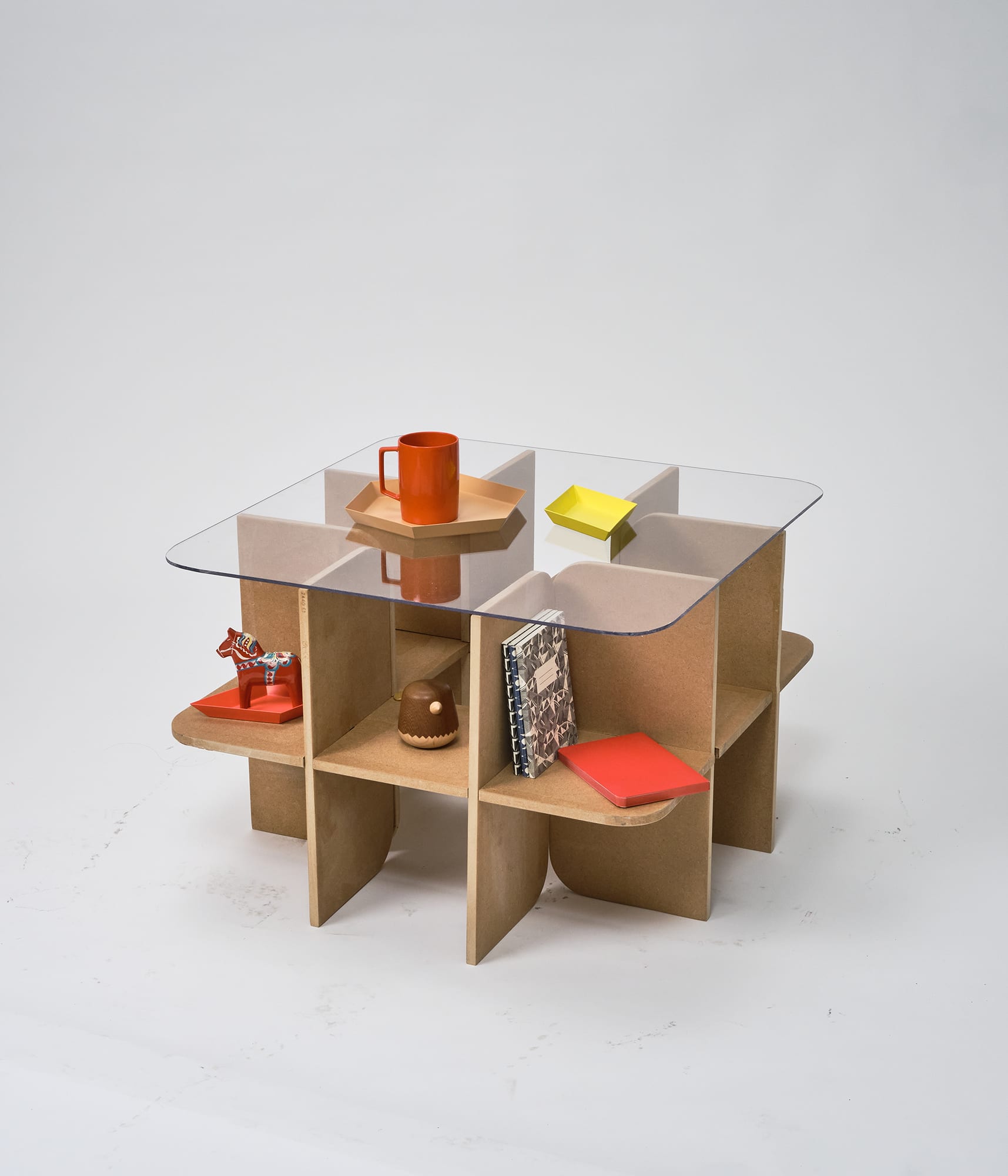
Mandala, Anushri Roy Choudhury, 2023 Foundation Diploma in Art and Design, Central Saint Martins, UAL -
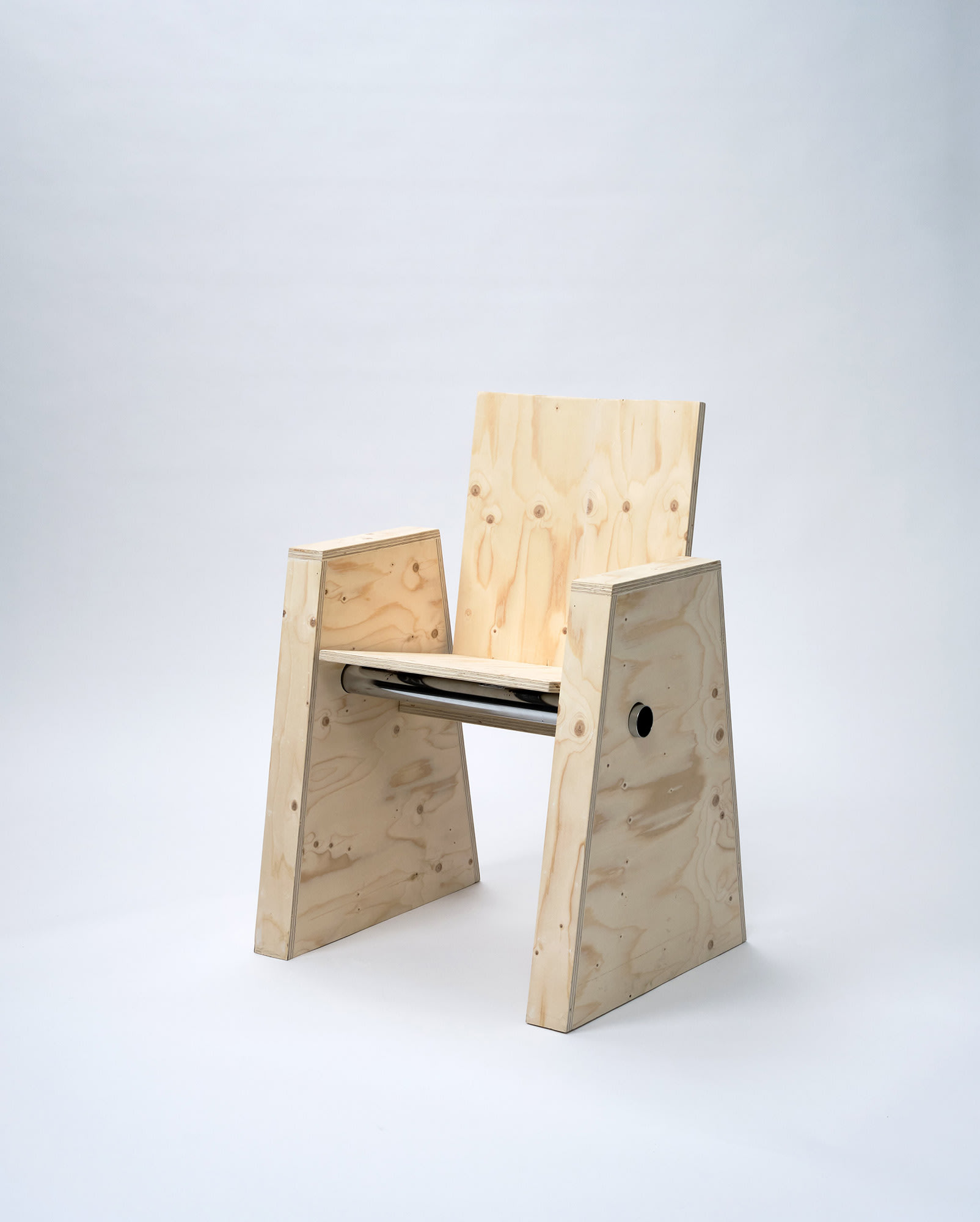
The Nod, Siddhi Ravi, 2023 Foundation Diploma in Art and Design, Central Saint Martins, UAL -

V1NT0L3M4CY, Phelim Owens, 2023 Foundation Diploma in Art and Design, Central Saint Martins, UAL -

AMI BANGALI, Shumaita Misbahul, 2023 Foundation Diploma in Art and Design, Central Saint Martins, UAL -
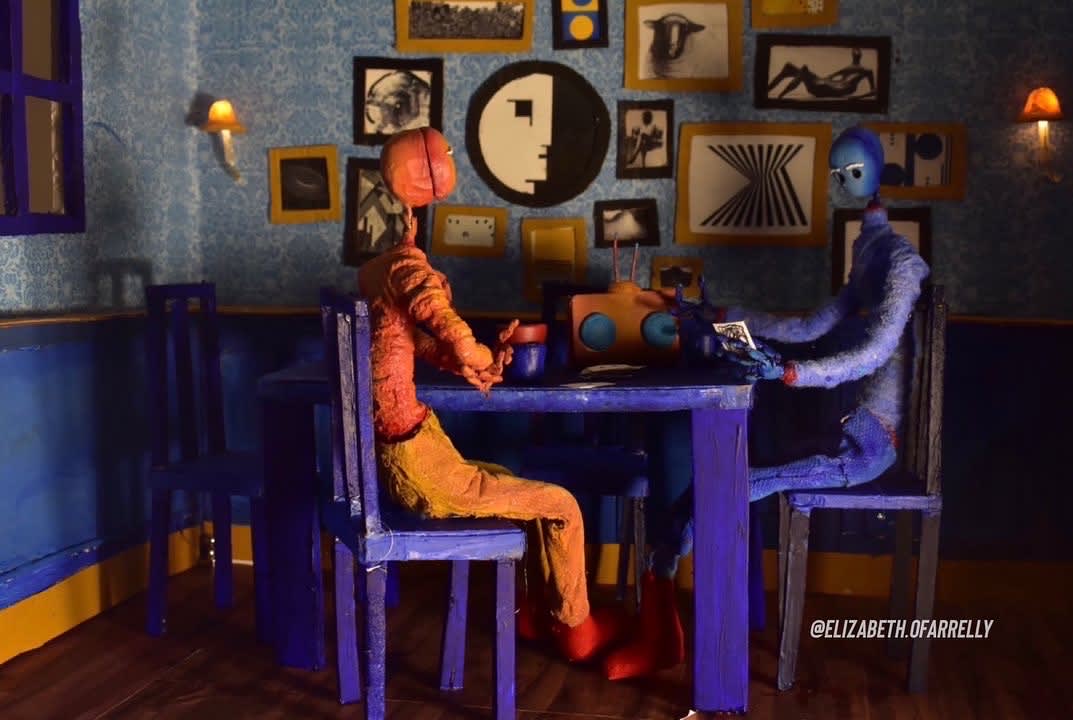
Banana Bread, (Alone, Together), Elizabeth O'Farrelly, 2022 Foundation Diploma in Art and Design, Camberwell College of Arts, UAL -

Ridiculous Squirming Worm-On-A-String Rug, Joe Gordon, 2022 Foundation Diploma in Art and Design, Camberwell College of Arts, UAL -
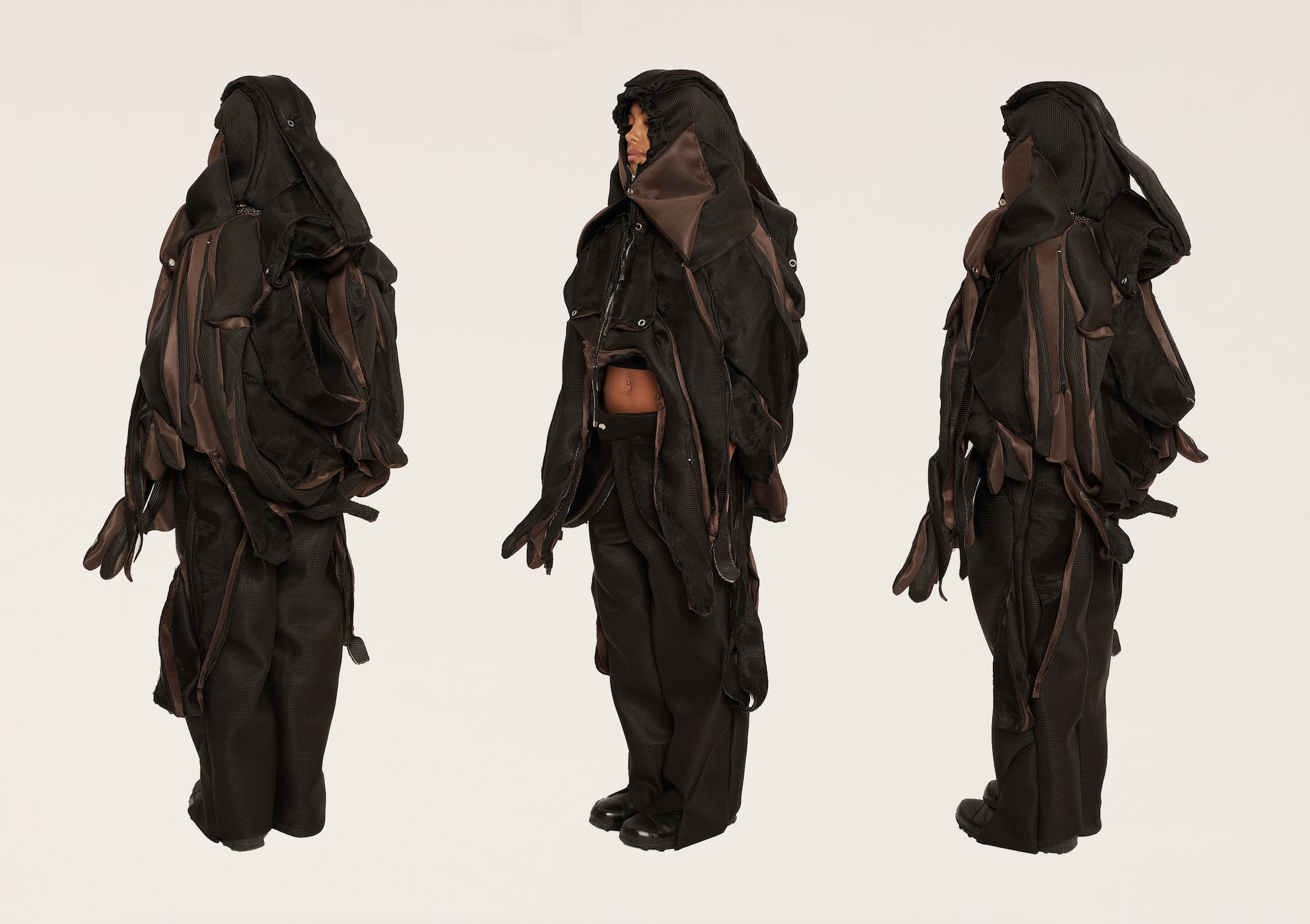
Facades of Myanmar Under Political Turmoil, Jack Webster, 2023 Foundation Diploma in Art and Design, Central Saint Martins, UAL -
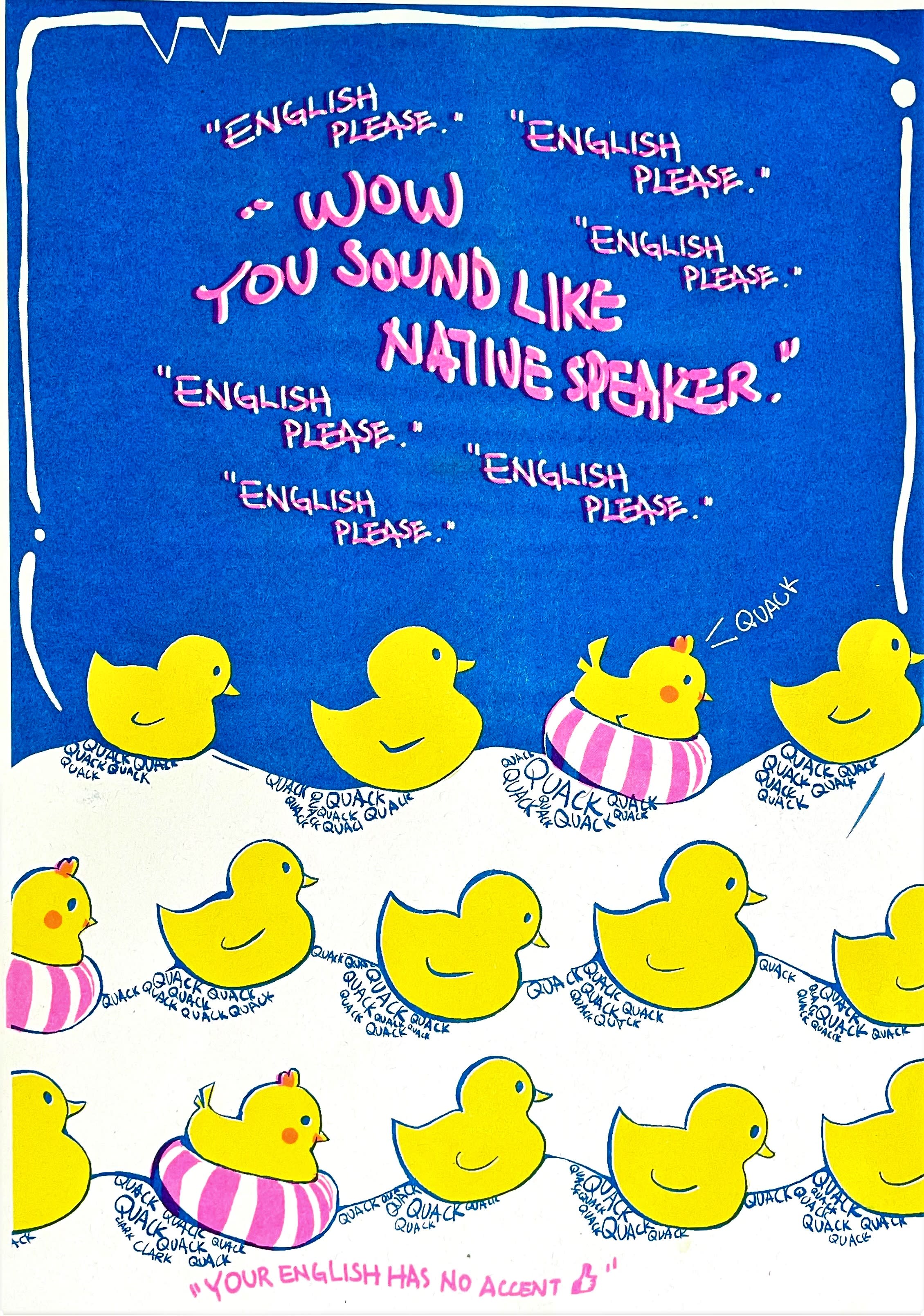
I'm migrant, Aurora Jiang, 2022 Foundation Diploma in Art and Design, Camberwell College of Arts, UAL -
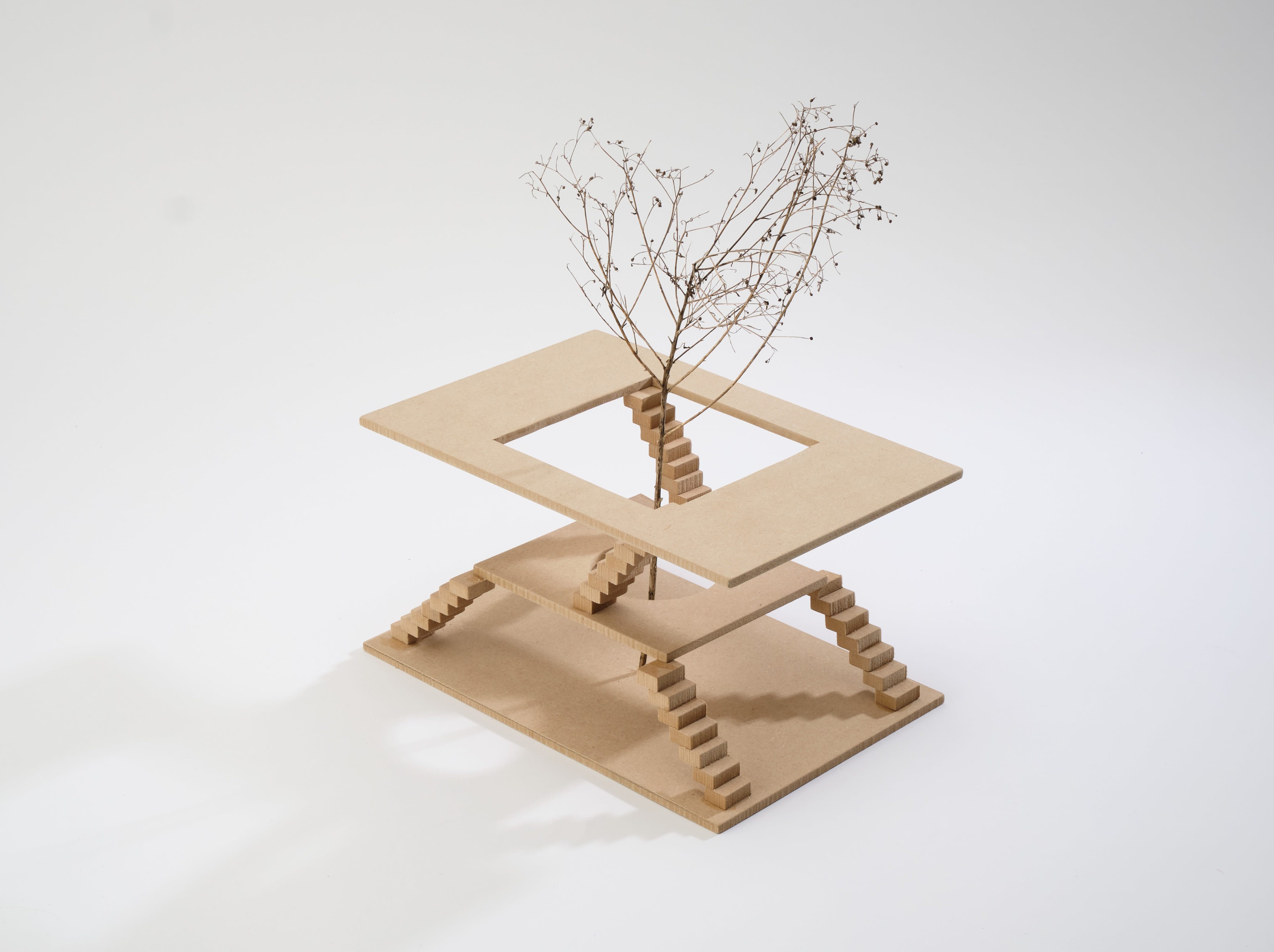
pedestrian bridge, Yuhan Liu, 2023 Foundation Diploma in Art and Design, Central Saint Martins, UAL
Staff
The course will be led by highly experienced academic teams who previously taught on the Foundation courses at Central Saint Martins and Camberwell College of Arts.
Fees and funding
Home fee
- Free (if you are under the age of 19 on 31 August of the year you start your course)
- £5,265 (if you are aged 19 or over on 31 August of the year you start your course)
These fees are correct for entry in autumn 2024 and may be subject to change for entry in autumn 2025.
Home fees are currently charged to UK nationals and UK residents who meet the rules. However, the rules are complex. Find out more about our tuition fees and determining your fee status.
International fee
£22,800
This fee is correct for entry in autumn 2024 and may be subject to change for entry in autumn 2025.
Students from countries outside of the UK will generally be charged international fees. The rules are complex so read more about tuition fees and determining your fee status.
Entry requirements
The standard minimum entry requirements for this course are:
- Portfolio of work
- Personal statement
- 1 or a combination of the following accepted full Level 3 qualifications:
- A Level or equivalent
- Or equivalent Level 3/EU/International qualifications, such as International Baccalaureate Certificates - 2 at ‘Higher Level’ and 1 at ‘Standard Level’ - all grade 4 or above
- And 3 GCSE passes including Maths and English at grade 4 or above (grade A*-C)
Entry to this course will also be determined by the quality of your application, looking primarily at your portfolio of work and personal statement.
APEL - Accreditation of Prior (Experiential) Learning
Exceptionally, applicants who do not meet these course entry requirements may still be considered in exceptional cases. The course team will consider each application that demonstrates additional strengths and alternative evidence. This might, for example, be demonstrated by:
- Related academic or work experience
- The quality of the personal statement
- A strong academic or other professional reference
- A combination of these factors.
Each application will be considered on its own merit but cannot guarantee an offer in each case.
If you would like more information about APEL, please contact us.
English language requirements
All classes are conducted in English. If English isn't your first language you must provide evidence at enrolment of the following:
- IELTS level 5.0 or above, with at least 4.5 in reading, writing, listening and speaking (please check our English language requirements)
Applicants who require a Student Visa must take a Secure English Language Test (SELT) which is approved by the UK government for your UK Visa and Immigration (UKVI) application. We cannot accept any non-SELT tests. Please check our English Language Requirements page for a full list of SELT tests accepted by UAL.
If you speak English as an additional language, we encourage you to join one of UAL's language development classes to continue improving your language skills during your studies.
Achieving Maths and English GCSEs
Under existing funding regulations, if you are home fee assessed student who is under 19 and has been offered a place onto the UAL Foundation Diploma in Art and Design, you must hold a GCSE/IGCSE Grade 4 or above (grade A*-C) in English and Maths to be able to enrol onto this course.
UAL will not receive funding for a student who is under 19 who doesn't have IGCSE or GCSE Maths and English at Grade 4 or above. Applicants without these qualifications or an acceptable equivalent will not be considered for this course.
Selection criteria
We select applicants according to their potential and current ability in the following criteria:
- visualisation skills, e.g. drawing, photography, 3D work
- research and investigative skills
- creative thinking and problem-solving abilities
- the use of a range of materials and processes
- an interest in art, design, or related subjects.
Make sure you include evidence in your portfolio and personal statement that demonstrates your enthusiasm for art and design as well as your potential to achieve the Foundation Diploma.
Evidence may be in the form of ideas, notes, research, photographs or sketches, including work you've made outside of your school course work.
Apply now
Application deadline
28 February 2024 at 1pm (UK time)
Applications for 2024/25 are closed. We will open for 2025/26 in Autumn 2024.
Apply to UAL
Application form coming soon.
Apply now
Application deadline
28 February 2024 at 1pm (UK time)
Applications for 2024/25 are closed. We will open for 2025/26 in Autumn 2024..
Apply to UAL
Application form coming soon.
Apply with a UAL Representative
Based across the world, our local UAL representatives can support you with your application from your home country. Check to see if there is a representative available in your country currently.
Find your representativeHow to apply
Follow this step-by-step guide to apply for this course
Step 1: Initial application
You will need to submit an initial application including your personal statement.
Personal statement advice
Your personal statement should be maximum 500 words and include:
- your reasons for choosing the course
- your current creative practice and how this course will help you achieve your future plans
- any relevant education and experience, especially if you do not have any formal academic qualifications.
Visit our personal statement page for more advice.
Step 2: Digital portfolio
We will review your initial application. If you have met the standard entry requirements, we will ask you to submit a digital portfolio.
You’ll need to submit this via PebblePad, our online portfolio tool.
Digital portfolio advice
Your portfolio should consist of recent work that reflects your creative strengths.
It should:
- be maximum 25 pages
- include drawings that you’ve made from observing the world around you such as landscapes, cityscapes, interiors, people and objects
- include examples of work in progress such as experimental drawings and storyboards
- include annotations on PebblePad to explain your development processes and any specific techniques used
- demonstrate your ability to experiment with a wide range of methods and materials such as collage techniques, model making, photography, video, fabric manipulation
- include any research to explain how it informed and inspired your creative vision. This can be in the form of scanned pages, photographs or even a short video of a sketchbook, notebook or blog.
- highlight your passion for art, design, culture and society or related subjects.
For more support, see our Portfolio advice and PebblePad advice.
You also need to know
Communicating with you
Once you have submitted your initial application, we will email you with your login details for our Applicant portal.
Requests for supplementary documents like qualifications and English language tests will be made through the applicant portal. You can also use it to ask questions regarding your application. Visit our After you apply page for more information.
Visas and immigration history check
All non-UK nationals must complete an immigration history check. Your application may be considered by our course teams before this check takes place. This means that we may request your portfolio and/or video task before we identify any issues arising from your immigration history check. Sometimes your history may mean that we are not able to continue considering your application. Visit our Immigration and visas advice page for more information.
External student transfer policy
UAL accepts transfers from other institutions on a case-by-case basis. Read our Student transfer policy for more information.
Alternative offers
If your application is really strong, but we believe your strengths and skillset are better suited to a different course, we may make you an alternative offer. This means you will be offered a place on a different course or at a different UAL College.
Deferring your place
We do not accept any deferral requests for our pre-degree courses. This means that you must apply in the year that you plan to start your course and you will not be able to defer your place to start at a later date.
Careers
Throughout the course, you’ll have a personal tutor who will give you guidance for your next steps onto an undergraduate degree. They’ll help you prepare an application and develop a portfolio of subject-specific work.
Our Foundation Diploma graduates usually go on to take up their first-choice degree at undergraduate level, with a high number continuing their studies at UAL. Our students can also progress to courses throughout the UK, Europe and beyond.
Your UAL undergraduate offer
All Foundation Diploma in Art and Design students who successfully complete the year will be guaranteed an offer of a place on an undergraduate course at UAL. This means that as long as you pass, you’ll have the opportunity to continue your studies at one of our 6 Colleges or our Creative Computing Institute the following year.
Which UAL undergraduate course will you be offered a place on?
If you successfully complete the Foundation Diploma in Art and Design, you’ll receive at least 1 offer to a UAL undergraduate course, to start the following September.
We cannot guarantee that you’ll receive an offer for each course that you apply to. In some instances, you may receive an offer for an alternative course or mode of study that you didn’t apply to. The offer or offers you receive will depend on your portfolio and will be made after careful review by College course teams and Admissions Tutors.
How does it work?
To progress onto an undergraduate course, you must:
- have made your application through The Universities and Colleges Admissions Service (UCAS
- successfully pass the Foundation Diploma in Art and Design
- be able to meet any other additional entry criteria for the undergraduate course you’re offered a place on.
